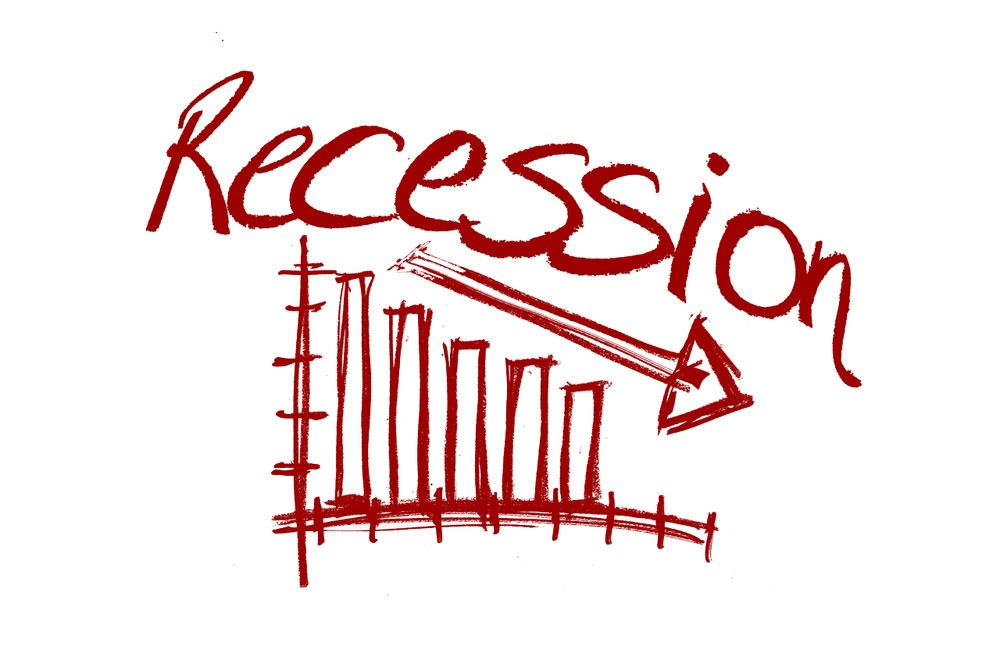
The spring 2020 edition of the Nonprofit Quarterly may well deserve a prize for the most prescient topical call we have ever made. Because it is so immediately on time, we are running it online ahead of our print schedule.
As we developed this edition on how the last (Great) recession affected nonprofits, we started out writing that we were unsure about what would cause the next recession but knew it was nigh. Now, it is likely that we know what the proximate cause will be: the coronavirus (COVID-19) pandemic. And, as always, the proximate cause will help to determine the length, depth, and outcomes of the downturn. We will keep you abreast of all of that in our online publishing, but for now we have one major message that we want to try to amplify with a series of research-based articles that will start tomorrow—and that is: Don’t think small or defensive. Think new world.
We spend a good deal of time in these articles examining the effects of the last recession on various types and sizes of nonprofits, and that will, we hope, be useful to organizational planning—but we also want to drive home that the last recession did not damage the nonprofit sector so much as it severely damaged individuals and communities. This time around, let’s test what would happen if we put a good part of our energy into rebuilding the just structures and right relationships of a vibrant and diverse democracy. We can do this, for instance, by insisting that our stimulus arrangements and recovery be focused on building equity—on wealth sharing and racial and economic justice. There is no question that there will be pain; job losses have already begun, and the whole country was massively destabilized long before this virus hit. We’ve had the bad kind of social distancing down to a fine art. But that may make this the perfect time to redistribute our weight to help turn this, our wayward national vessel for democracy and common prosperity, from its direction of heedless extraction and exploitation to a new and more-informed joint stewardship of the commons.
Why the nonprofit sector and civil society more generally? In 2003, Roger Lohmann wrote about this concept for NPQ in an article titled “The Commons: Our Mission if We Choose to Accept It,” which essentially suggested that we were long overdue for a course correction that would take as central principles our deep interdependence and the bonds of justice and fairness that link us:
Sign up for our free newsletters
Subscribe to NPQ's newsletters to have our top stories delivered directly to your inbox.
By signing up, you agree to our privacy policy and terms of use, and to receive messages from NPQ and our partners.
In a culture of individualism and the current misplaced belief in the omnipotence of markets, those of us committed to the third sector and problem solving through the commons need to remind ourselves and others at every opportunity that the actual experience of mutuality is one that no single individual or organization can create.
Let us use this moment to redesign for building a better infrastructure for our respectful interdependence on this globe, in this country, and in our communities. Let us not hunker down but instead expand to make room for creation even in the midst of crisis. As Lohmann wrote:
We cannot afford to also have justice be lost as a core purpose of this sector. Self-interest alone should motivate us to retain it. It increases our capacity exponentially.












